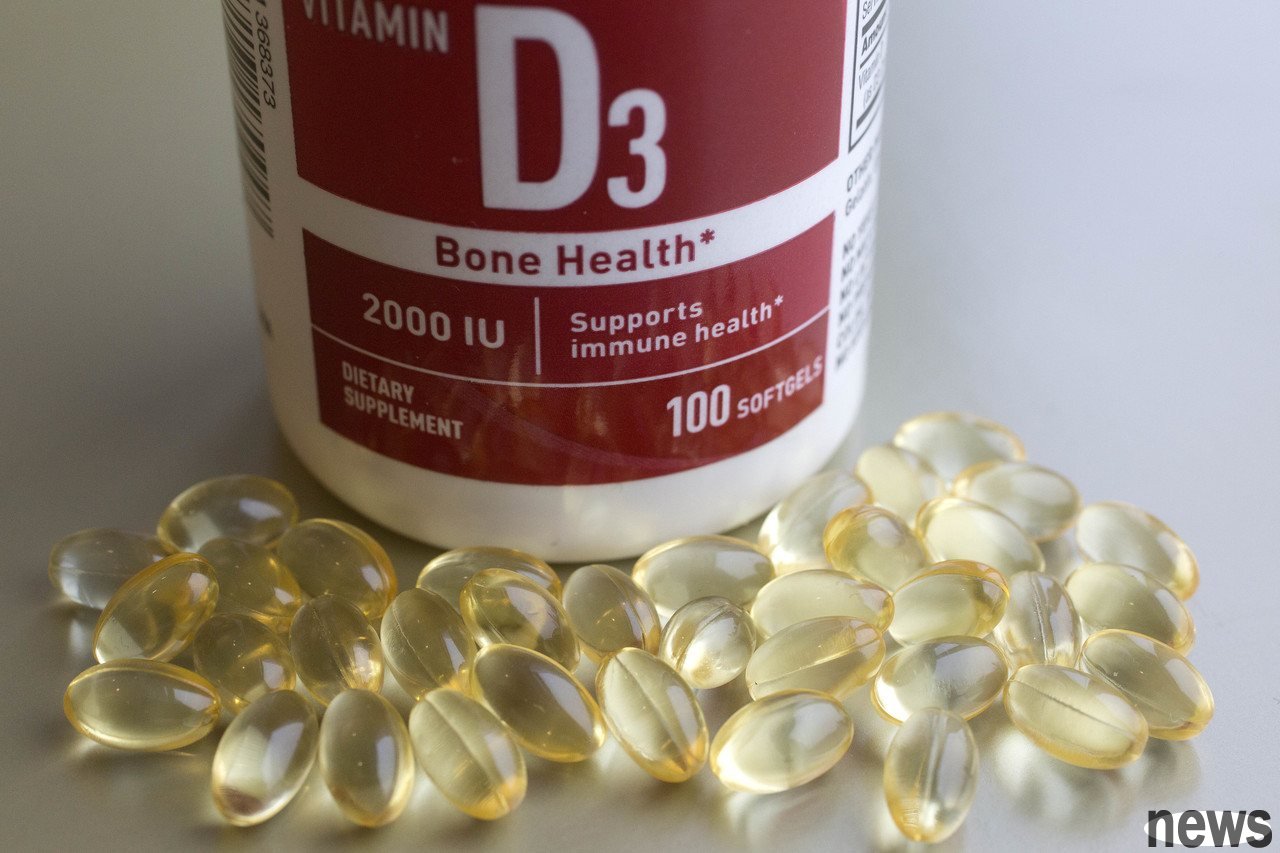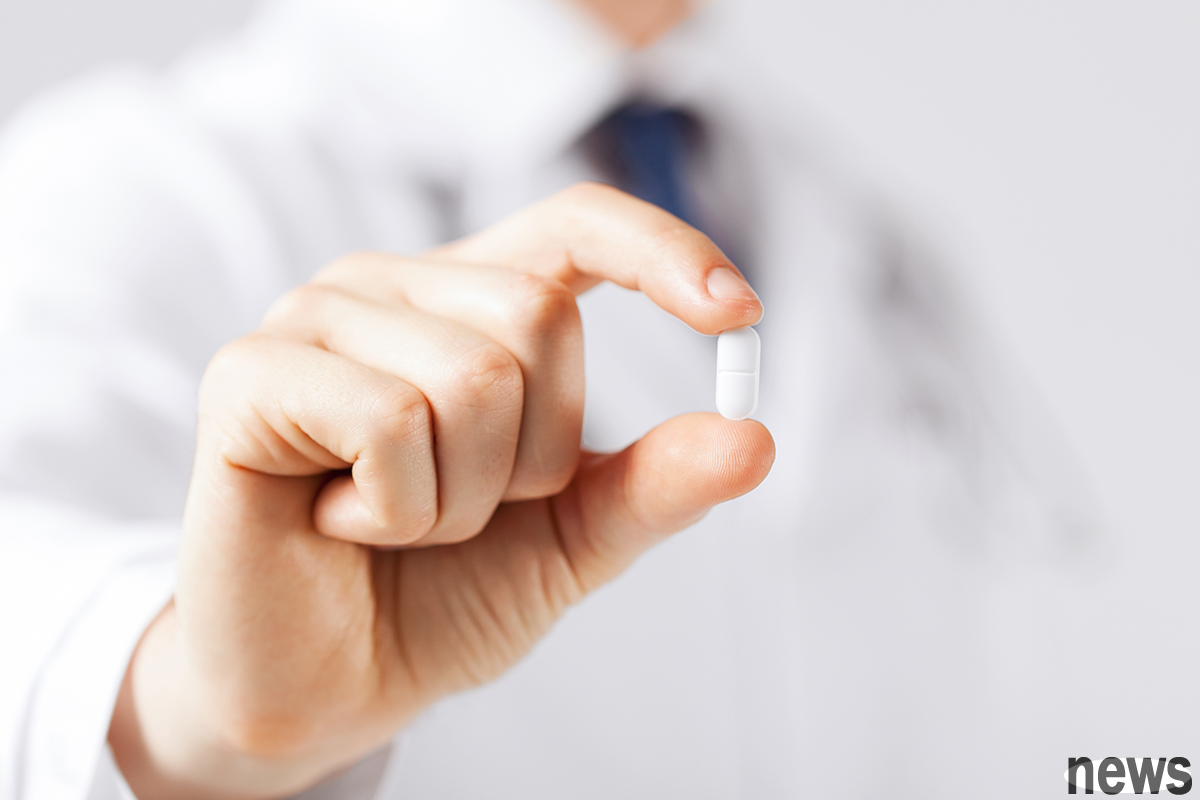
Reader Chih-Hao Hsu comes from:
Hello Professor Lin:Because I read your masterpiece and refer to other information, I learned that most of the effects of taking vitamin D are scientifically lacking in evidence, so I personally do not take vitamin D orally.
However, the concentration of 25(OH)D in the blood and the reduction of several diseases in research still exists, and the current solution is more difficult, because the correlation does not represent a causal relationship.
Personally, it is best to pierce the vitamin D capsule regularly and absorb the oily liquid inside on the skin.
In addition, personal experience is that taking vitamin D can reduce the chance of colds and flu. Even if you take it after taking it when you are sick, the process will be much shorter, and there will be almost no symptoms such as long-term coughing. There were also studies in 2017 that included such conclusions.
Finally, I am very grateful to Professor Lin for reading the article and providing easy-to-understand articles to increase the correct knowledge of the public.
First, thank you for your support. Next, I will answer the first two questions he mentioned in a brief manner.
First, regarding "Connection does not represent causal relationship", that is the point I remind readers again and again. This is because most people say that encourages people to eat vitamin D is based on "consistency" rather than "causality". All studies that truly explore "causality" concluded that taking vitamin D supplements is only effective in preventing or treating rime disease (bone softening).
Second, about "puncture the vitamin D capsule and bleed on the skin", this is absolutely not the right way. Although studies have shown that vitamin D can be taken on the skin, the vitamin D produced by the two experiments has been added with "penetration enhancer". In other words, vitamin D contained in oral capsules is not suitable for use on the skin.
Okay, I'm going to talk about the real point now, that is, this reader's "vitamin D will reduce the chance of colds and flu."
What he said is "Research in 2017" is a paper published on 2-15, 2017, titled Vitamin D supplementation to prevent acute respiratory tract infections: systematic review and meta-analysis of individual participant data.
This article was widely reported around the world on the day of its publication and several days after its release. Unfortunately, although the title of the article is clearly "preventing acute respiratory infection", almost all news media have described it as "preventing colds and flu."
This paper analyzed a total of 25 clinical trials, of which none were about colds, and only two were about influenza.
The title and conclusion of these two influenza clinical trials are:
2010: Randomized trial of vitamin D supplementation to prevent seasonal influenza A in schoolchildren
Conclusion: Vitamin D3 supplementation in winter can reduce the incidence of influenza A, especially in specific groups of children of the age group.
2014: Effects of vitamin D supplements on influenza A illness during the 2009 H1N1 pandemic: a randomized controlled trial
conclusion: supplementation of vitamin D3 did not reduce the overall incidence of influenza A during the 2009 H1N1 influenza pandemic.
Please note that these two articles are from the same research team. So, based on their conclusions like this, do you really think that vitamin D can prevent influenza?
No matter what, it is the 2017 analysis report itself (i.e., non-media reports), and its conclusion is that "vitamin D supplementation is safe, and it generally protects against acute respiratory infections."
You should know that "acute respiratory infection" is a very conservative name. It can be irrelevant to a cold or flu. However, the media hardly calls it a cold or flu.

Come again, it is certainly a question about "acute respiratory infection". The conclusion obtained by the 2017 analysis report is also worth discussing.
The data obtained by analysis is "vitamin supplementation reduces the chance of acute respiratory infection by 12%.". However, unfortunately, its textual conclusion will cause people to mistakenly think that the chance of infection is reduced by 100%, and this is the reason for the media to exaggerate it.
More unfortunately, this 12% reduction is actually "adjusted". If you have not passed the adjustment of the statistical science, the difference is actually less than 2%.. (The chances of infection among people who eat and do not take vitamin D supplements are 40.3% and 42.2%, respectively)
The publication of this article was accompanied by an editorial review. Its title is Do vitamin D supplements help prevent respiratory tract infections? (Does vitamin D supplements help prevent respiratory infections?). It ends with: We believe that the current evidence does not support the use of vitamin D supplements to prevent diseases other than osteosomal softening.
You must also remember the story of Vitamin C. It has been popular in the hot land for decades, isn’t it? What about now? Does anyone still believe in the myth that it can prevent colds?
C is lost, just change D. Anyway, the wind and water wheels flow, and it may be said that in which year it will be transferred to Z.

As for what this reader said, "Personal experience is that taking vitamin D can reduce the chance of colds and flu." I just want to remind everyone one thing: Linus Pauling is the double winner of the Nobel Chemistry Award and the Peace Award; he believed that vitamin C can prevent and fight colds, and he also promoted it vigorously in his book. But, in the end, his "faith" became a stain that could never be worn out in his life that could have been very big. See How Linus Pauling duped America into believing vitamin C cures colds.
Then, what does such a regrettable historic evolution mean? Do you feel swelling with doctors and students who believe in and advocate Vitamin D?
Original text: Can vitamin D prevent colds and flu?